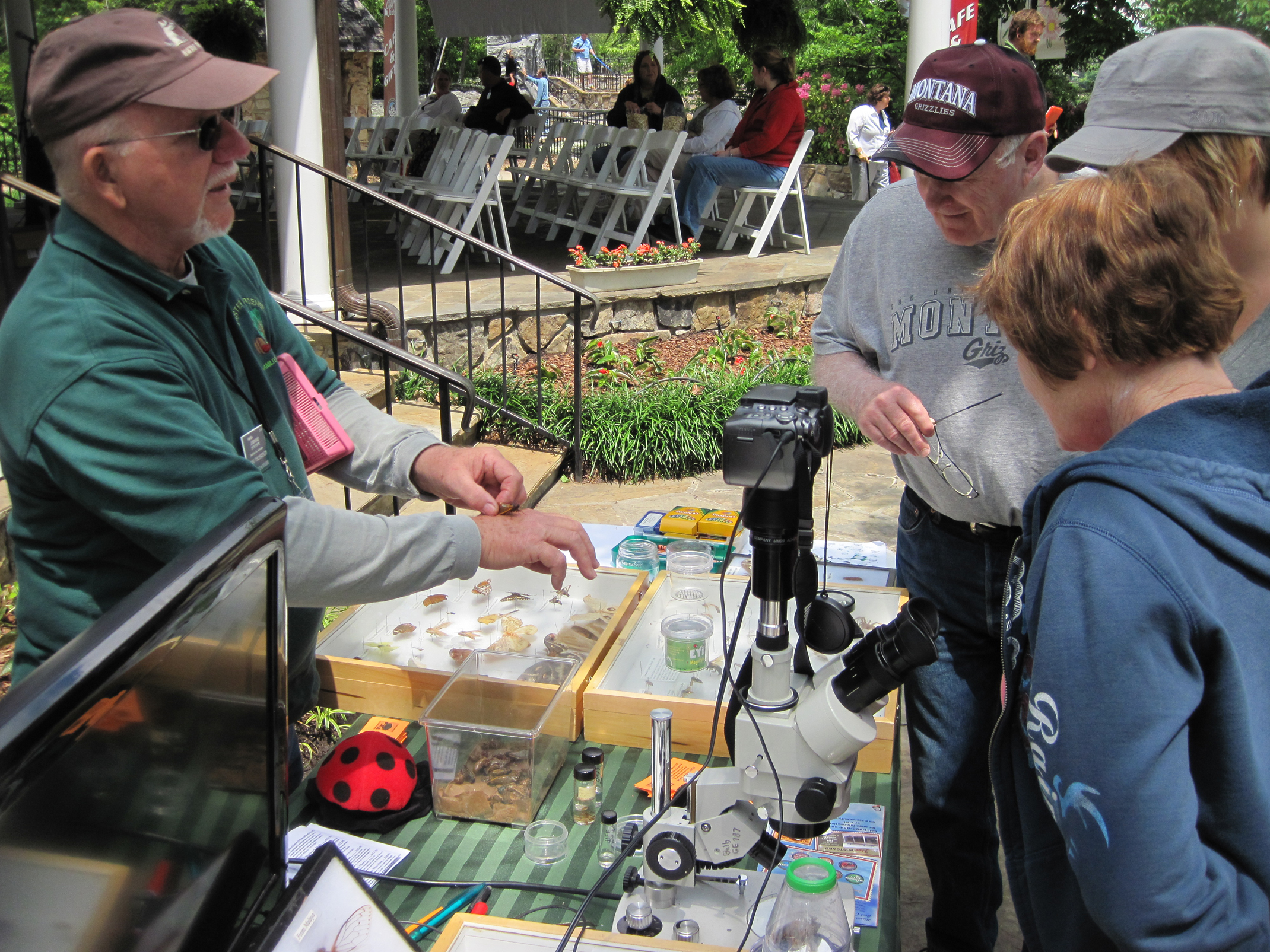TO PARTICIPATEWhat: UT/TSU Extension Office of Hamilton County Master Gardener programWhen: 6-9 p.m. Jan. 7 & 9 a.m.-noon Jan. 8; each class is limited to 30 students.Cost: $160, which includes textbook and handout materials.Information: Call the UT Extension Office at 855-6113 or go to www.mghc.org.Garden ExpoThe first "Master Your Garden" Garden Expo will be held at Camp Jordan Arena on April 20-21. Go to www.mghc.org for more information.
Gardening is good for you.
Not only do you reap the rewards by growing tasty vegetables or beautiful flowers, gardening is good for your health.
In a study conducted in Norway, people who were diagnosed with depression, persistent low mood or bipolar disorder spent six hours a week growing flowers and vegetables, according to a report on CNN. Three months into gardening, half the participants not only experienced a measurable improvement in their depression symptoms, their mood continued to be better three months after the gardening program ended, the report states.
And gardening offers other benefits that are good for everyone, not just you, says Tom Stebbins, UT/TSU extension agent for Hamilton County.
"More people are concerned about where their food is coming from," Stebbins says, and many gardeners share not only their crops, they share their skills, he says.
"More people are taking time to give back."
One way gardeners give back to their community is through the local Master Gardener program, a program that's offered once a year in Hamilton County. The 15-week course that gets under way in January typically is filled every year.
"Topics include soils, trees, perennials, vegetables, fruits, insects, lawn care and much more," says Stebbins. "Sessions are taught by about 20 different topic experts. Students get a huge Master Gardener manual, which they keep as a reference."
Stebbins says he has organized and taught Master Gardener classes in Michigan, Nashville and now teaches area residents as part of his responsibilities as the local extension agent. In the upcoming program, he will teach about insect and plant disease and pesticide safety.
In addition to learning about gardening, participants in the Master Gardening program become acquainted with like-minded people, Stebbins says.
Chattanoogan Michael Payne, who teaches the beginning and newcomer classes in the program, became a certified Master Gardener in 1994, the local program's first class.
"If you have a love for your environment and volunteering, then the Master Gardener program is for you," Payne says. "People enjoy growing their own vegetables, and a lot of new
gardeners like growing organic. Organic is fine, but it is the pesticides that I try to limit.
Also my big organic use is compost. Why put leaves, grass and other organic items into the landfill and then go buy bag compost when you can make it yourself?"
You don't have to be an expert to become a Master Gardener, Stebbins explains.
"The program is about connecting with other gardeners, with community and with reliable resources for information. Master Gardeners use trees, flowers and veggies to impact the lives of people in their communities."
The Master Gardener Association of Hamilton County is an active group with ongoing educational classes for graduates of the program, he says.
"Master Gardeners grow personally through the expansion of their communication, management and leadership skills," Stebbins says.
Continuing education is part of being a Master Gardener. Each year, Master Gardeners must take eight Continuing Education credits to stay up on current practices, Stebbins says, and they also must volunteer a minimum of 27 hours each year.
"After completion of the training program, individuals become Master Gardener interns. They are promoted to the title of Master Gardener upon completion of their 40-hour volunteer service commitment," Stebbins says.
The program is open to anyone interested in gardening, especially those with an added desire to give back to the community using the newly acquired knowledge, he says.
Payne says he "knew gardening" before taking the course, but he wanted to add the ability to teach.
"I have a passion for gardening and never feel like I am a Master Gardener due to the fact that I continue to learn," Payne says.
Stebbins, who has been a Master Gardener for nine years, says there are 3,000 active Master Gardeners in 46 counties in Tennessee, but they are active nationwide. In 2009, 94,865 Master Gardener volunteers contributed more than 5 million hours educating the public, running youth programs and helping food banks with deliveries of produce, he says, citing a 2009 survey," Stebbins says.
Presently, there are about 20 ongoing group projects involving Master Gardeners, Stebbins says.
"The Hamilton County Fair exhibit is the biggest effort where over 60 people help every year. Numerous Master Gardeners now are active with the Chattanooga Area Food Bank Demonstration Garden. They help in the greenhouse or in the raised-bed garden. Many give out gardening information at the Chattanooga Market."
Master Gardeners also assist organic vegetable gardeners at Crabtree Farms, Siskin Children's Institute Gardens, the Tennessee Aquarium, Habitat for Humanity, The Chattanooga Public Library and The Chattanooga Arboretum and Nature Center.
